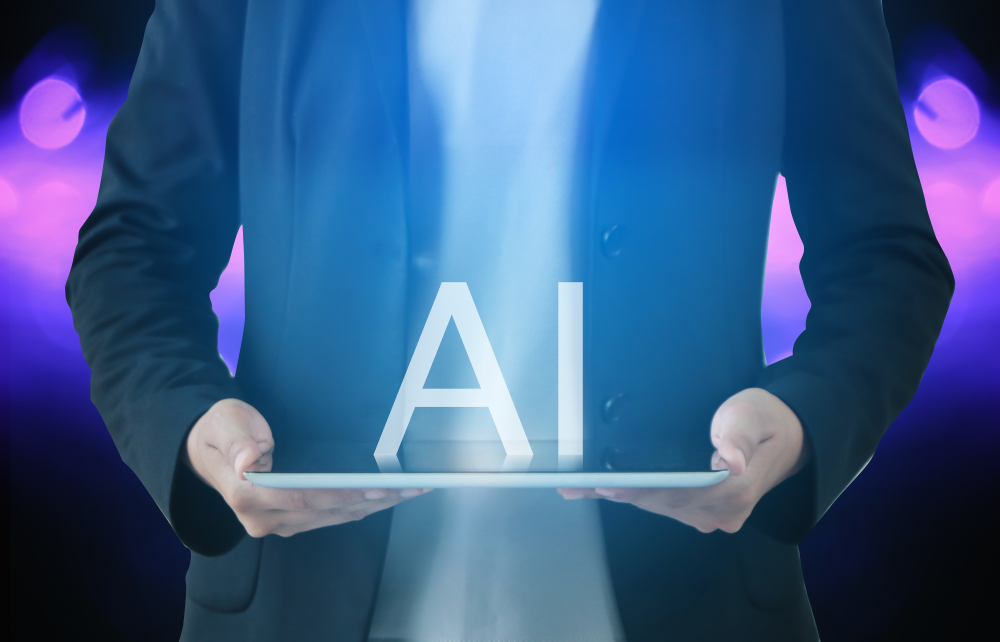
21 Nov Exceeded expectations: Artificial intelligence is capable of self-learning new skills without plagiarism
Navigating the modern age has taken on a new dimension with the proliferation of artificial intelligence (AI), reshaping the very fabric of daily life. As we witness a significant shift in societal operations, AI has seamlessly integrated itself as a vital tool within an array of domains, reshaping industries with its capabilities.
In the realm of healthcare, AI’s introduction marks a turning point in patient care and operational efficiency. With the precision to parse through complex medical data, AI algorithms are proving instrumental in providing diagnostic suggestions that rival those of human experts. Radiology departments particularly benefit from AI’s ability to rapidly and accurately identify anomalies in scans. Beyond diagnostics, AI’s predictive models are instrumental in crafting personalized treatment plans and managing chronic conditions, offering a glimpse into potential future complications. The transportation landscape is undergoing an AI-powered metamorphosis, as autonomous vehicles edge closer to becoming mainstays on our roads. The blend of machine learning, sensory data, and real-time information promises a future with diminished traffic woes and heightened road safety. This transformation extends to urban planning, where AI contributes to the creation of smart cities, harmonizing traffic systems, public transportation efficiency, and optimized energy use, all in favor of a more sustainable and improved urban existence. AI’s incursion into the financial sector has been transformative, providing robust tools for risk management, fraud detection, and a move toward personalized banking experiences. By scrutinizing transaction patterns, AI tools help safeguard against fraudulent transactions, while robo-advisors democratize financial advice, making it accessible to a broader demographic. The retail sector is not left untouched by AI’s expansive reach. Online shopping experiences are now more personalized than ever, thanks to AI’s analysis of consumer behavior and purchasing patterns. This tailor-made approach not only boosts customer satisfaction but also significantly drives sales by aligning offerings closely with consumer desires. Despite these advancements, AI’s integration is accompanied by its own set of challenges, particularly in the arenas of data privacy, security, and ethical use. The handling of vast quantities of personal data by AI systems calls for stringent data protection measures. Furthermore, the specter of bias in AI algorithms looms large, necessitating ongoing discourse and vigilant practices to avoid discriminatory outcomes. The horizon for AI is as promising as it is expansive, with its trajectory seemingly endless. As AI systems evolve, they promise to infuse even more aspects of our daily lives with efficiency and a personal touch. The future may well see AI as a collaborator to human skill, amplifying rather than replacing human effort. AI’s role as an innovative and boundary-pushing force is undeniable. Its application in our daily existence is not just enhancing but revolutionizing the human experience. As we continue to unlock AI’s potential, the imperative lies in steering its application with a conscientious approach, ensuring that its benefits are distributed across society while upholding the highest standards of ethics and personal freedom.
In conclusion, AI has definitively cemented its role as a pivotal tool in the modern world, offering innovative solutions and pushing the boundaries of what is possible. Its application as an auxiliary in everyday life is proving to be a game-changer, with the potential to augment the human experience significantly. However, as we harness the power of AI, it is imperative to navigate its use responsibly, ensuring that the technology benefits society as a whole without compromising ethical standards or personal liberties.
Link(s):
1.Goodfellow, Ian, Yoshua Bengio, і Aaron Courville. “Deep Learning.” MIT Press, 2016.
2.Russell, Stuart, і Peter Norvig. “Artificial Intelligence: A Modern Approach.” 3rd ed. Pearson, 2010.
3.Domingos, Pedro. “The Master Algorithm: How the Quest for the Ultimate Learning Machine Will Remake Our World.” Basic Books, 2015.
4.Bostrom, Nick. “Superintelligence: Paths, Dangers, Strategies.” Oxford University Press, 2014.
Keywords: Artificial Intelligence (AI), Machine Learning, Deep Learning, Neural Networks, AI Algorithms, Natural Language Processing (NLP), Cognitive Computing, AI Applications, Robotics, Autonomous Systems, Predictive Analytics, Data Mining, AI Ethics, AI in Healthcare, AI in Finance, AI in Transportation, AI in Manufacturing, AI in Education, AI in Retail, Chatbots, AI Governance, Machine Vision, Speech Recognition, Intelligent Automation, AI Policy, Edge AI, Reinforcement Learning, AI Security, Generative Adversarial Networks (GANs), AI and IoT (Internet of Things).
Author(s):
Oksana Tsukan, Kharkiv National University of Internal Affairs




